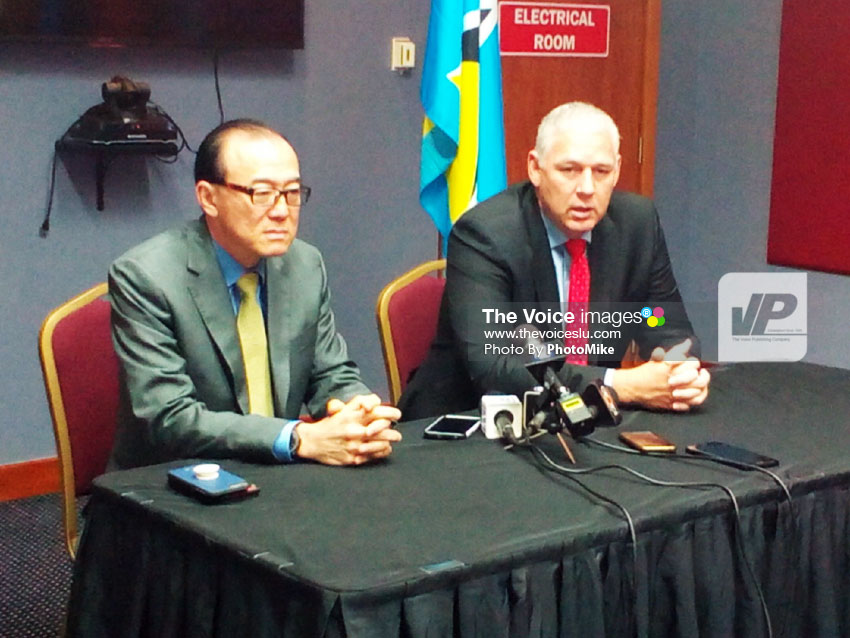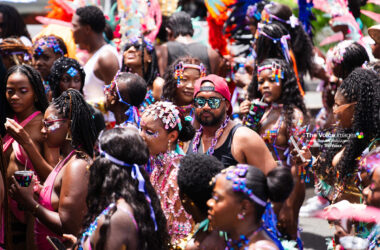RECENT developments in the international horse-racing arena have been attracting much attention here, including deserving celebration of a victory by a prized thoroughbred horse owned by Mr Teo Ah-Khing, the Chairman of the exclusive, millionaires-only Hong Kong-based China Horse Club, who’s also the Master Developer and Executive Chairman of the Desert Star Holdings (DSH) ‘Pearl of the Caribbean’ project in Vieux Fort.
The Prime Minister, who also attended the 140th Run for the Roses (better known as the legendary Kentucky Derby) also appeared alongside the winning owner at a press briefing. While there, he acknowledged — as good signs of the potential benefits for Saint Lucia becoming an international horse-racing destination — that the 158,000-plus crowd was almost the size of Saint Lucia’s, while wagering for the day stood at a whopping US $225 million and earnings for the winning horse was over US $1.4 million.
In the midst of the fanfare also came the PM’s announcement that he hopes to see the first major Kentucky Derby-style horse race staged here by February 2019.
Indeed, the DSH’s PR, ever in motion, is currently in high gear. But beneath all the glee, aspects of the project’s financing relating to the Citizenship by Investment Program (CIP) have not yet been going as planned, with obvious implications for plans and schedules.
The government and the developer continue to press on with project implementation and there’s also been a sustained level of related political opposition and community agitation, all against a background of insufficiency of communication between proponents, opponents and simply concerned citizens.
The DSH project continues to be more a point of national division and dissent than of common agreement, especially in parliament.
Elsewhere, investors usually seek and get conditional bipartisan parliamentary support for such projects, which are eventually protected by law (as in the Hess Oil Refinery Act here and the Barama Company Act in Guyana). But this is far from the case here, with the government and opposition not publicly agreeing on anything regarding DSH.
Questions abound. With the opposition seeming totally opposed to the project and the government not seeming prepared to change course in any way, what guarantees does the Master Developer have for continuity beyond regime change?
What if delivery timelines aren’t met?
And what if the Master Developer ever gets to a point where he considers expected rates of return on his investment are no longer worthy of pursuit?
Questions will continue to be asked alongside the continued widening of the gap between the two major parties and on behalf of stakeholders, including households, house lots, farming plots and families.
Concerns will also grow about implications of the project’s necessary reshaping of the landscape for entities like the Taiwan-funded $21 million meat processing facility, the St. Jude hospital and public transport routes.
But while the China Horse Club and the Master Developer can continue to bask in the sunshine of the latest winning headlines, the simmering heat below the surface does not portend well for the project’s best future.
The Government, DSH and those opposed to or concerned about the effects of the continuing implementation of the Master Developer’s agreed plan, whether in whole or in parts, need to find ways of constructing paths to dialogue while the political parties need to develop mechanisms for bipartisan dialogue.
Simply too much is at stake while just as much remains unsaid and undone regarding related matters and the nation needs to be assured, beyond doubt, that before we get to the finishing line, we won’t be caught horsing around with our pants down.














